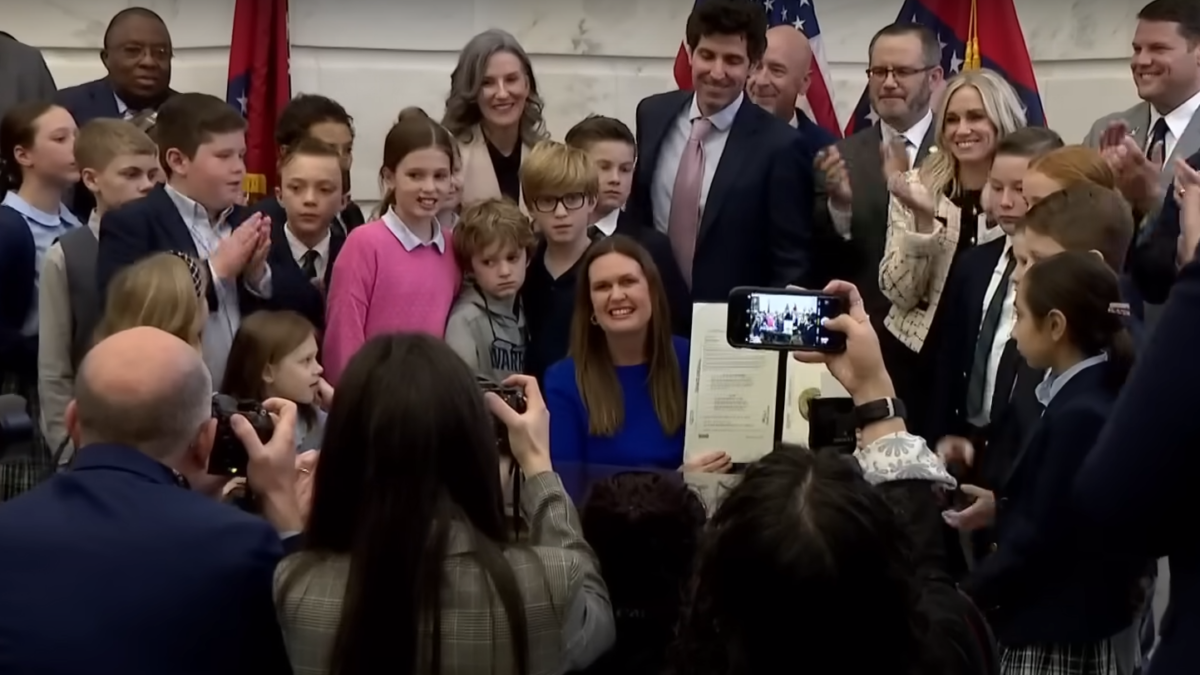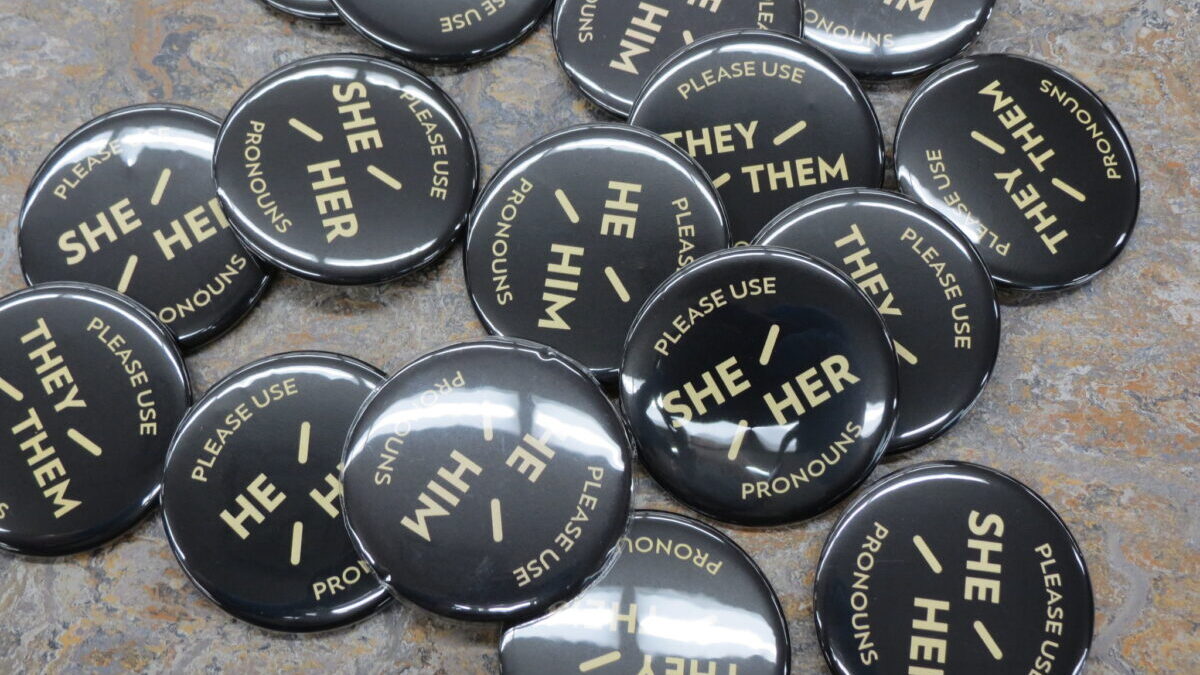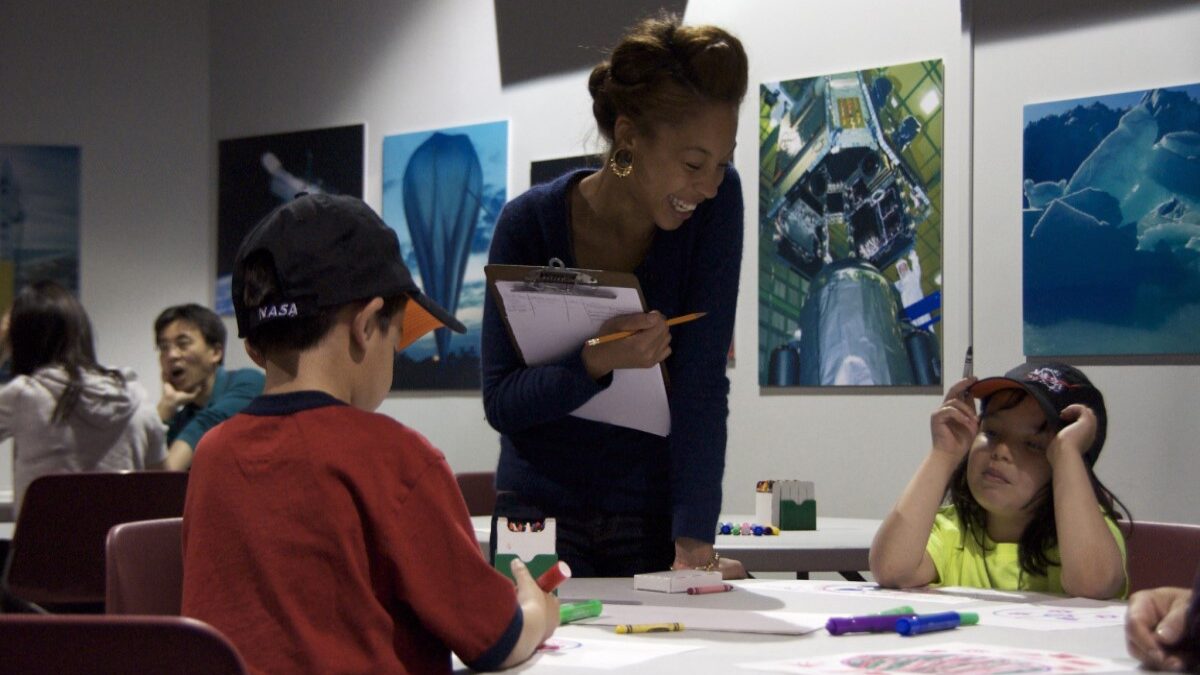
In a culture that slaps “trigger warnings” on everything from great works of literature to slapstick cartoons, it is of little surprise that a group of incoming freshman objected to a summer reading book.
But this is one instance where virtually no one is applauding the students for “the courage of their convictions” or worrying over the trauma they may endure. That’s because this time it is the sensibilities of Christian students that risk being offended.
Brian Grasso, a freshman at Duke University, posted his disagreements with “Fun Home” as a summer reading book on the Class of 2019 Facebook group. Because of “the graphic visual depictions of sexuality,” Grasso maintained, “I feel as if I would have to compromise my personal Christian moral beliefs to read it.”
Several other freshmen agreed that Alison Bechdel’s graphic novel memoir, which chronicles Bechdel’s complicated relationship with her father and works through her issues of sexual identity, was too much, particularly the images depicting nudity.
Let’s All Shame the Christian
According to The Chronicle, Duke’s student newspaper, the annual reading assignment is optional. The university’s press release announcing the choice of “Fun Home” maintains the reading program is designed to give the incoming class “a shared intellectual experience with other members of their class.”
Predictably, many are not thrilled at the handful of students who said they were not reading “Fun Home.” A rambling attempt at satire by Barry Saunders in The Charlotte Observer mocked the students for being afraid they would become gay because they read the book. Never mind that Grasso said he would have had the same qualms had the images depicted heterosexual sex.
Who cares that he told Emily Shire of The Daily Beast he actually did read the book after a classmate told him which pages contained the graphic images? Well, Shire didn’t care since she chided him for refusing to grapple with “those voices and belief systems that are different, perhaps even contradictory, to your own.”
Slate asserts these Christians students are “willfully blind.” Jacob Brogan’s piece says that those who object to reading this are the exact ones who should be reading it, instead of “hunkering down.” But Slate was remarkably more nuanced when reporting on the University of Michigan’s problems with showing “American Sniper.”
The Censorship Double Standard
There’s where the true issue lies—the hypocrisy of the academic Left in their stance on whose views should be challenged and whose should be coddled. These Christian students are told to get over it and learn from others, while so many other groups have a virtual veto right over the viewpoints heard on campus.
How many high-profile (and low-profile) conservative speakers do colleges cancel or refuse to allow on campus each year? Duke University itself recently had an issue with Asra Nomani, a feminist Muslim, coming to speak because the Muslim Student Association labeled her Islamophobic.
As a Christian and graduate of higher education, I happen to agree with Shire. I think college students should struggle and contend with views outside of their own. You know who else agrees? Christian professors.
Writing at The Atlantic, Karen Swallow Prior, an English professor at Liberty University (yes, that Liberty, the one founded by Jerry Falwell), says the influence of political correctness may have waned, but “empathetic correctness” is a troubling trend on college campuses. She writes:
While political correctness seeks to cultivate sensitivity outwardly on behalf of those historically marginalized and oppressed groups, empathetic correctness focuses inwardly toward the protection of individual sensitivities. Now, instead of challenging the status quo by demanding texts that question the comfort of the Western canon, students are demanding the status quo by refusing to read texts that challenge their own personal comfort.
Prior also maintains that Christians should be the ones reading views that challenge them. She told Boundless magazine, of Focus on the Family, “Sometimes our objections on principle overlook more important principles—for example, the principle of getting to know our neighbors (even the unseemly ones) so that we can better love them.”
She criticized Christians who refuse to interact with art simply because it may originate with someone who disagrees with them. “Good art glorifies God,” she says. “But too often, contemporary Christianity prefers the comfort of kitsch rather than the demands made on us by good art.”
Know Who Is Open-Minded? Christians
Some Christians see “Fun Home” as good art, even if they disagree with it. Alan Jacobs, a professor of humanities at Baylor University, writes of his assigning the book to students in a great texts course and having “some of our best discussions of the semester.”
Having spent three decades in higher education at Christian institutions, including Wheaton College and Baylor, Jacobs says those religious schools “tend to be less rigorous in policing such details than most secular institutions.” When he’s asked why he has stayed at sectarian schools, Jacobs says he always replies, “I’m here for the academic freedom.”
In a conservative seminary, I was tasked with reading Christopher Hitchens’ “God Is Not Great: How Religion Poisons Everything.” My professor expected his students to be able to handle the arguments Hitchens makes. I wonder how many atheist philosophy professors ask their students to read and interact with the works of Christian philosophers like Alvin Plantinga?
Knowing my own experiences and understanding the perspective of Christian academics like Prior and Jacobs, I would argue there already exist places in higher education where every student is expected to wrestle with opposing viewpoints. But you are more likely to find it at places like Liberty and Baylor than at Duke or Michigan.









